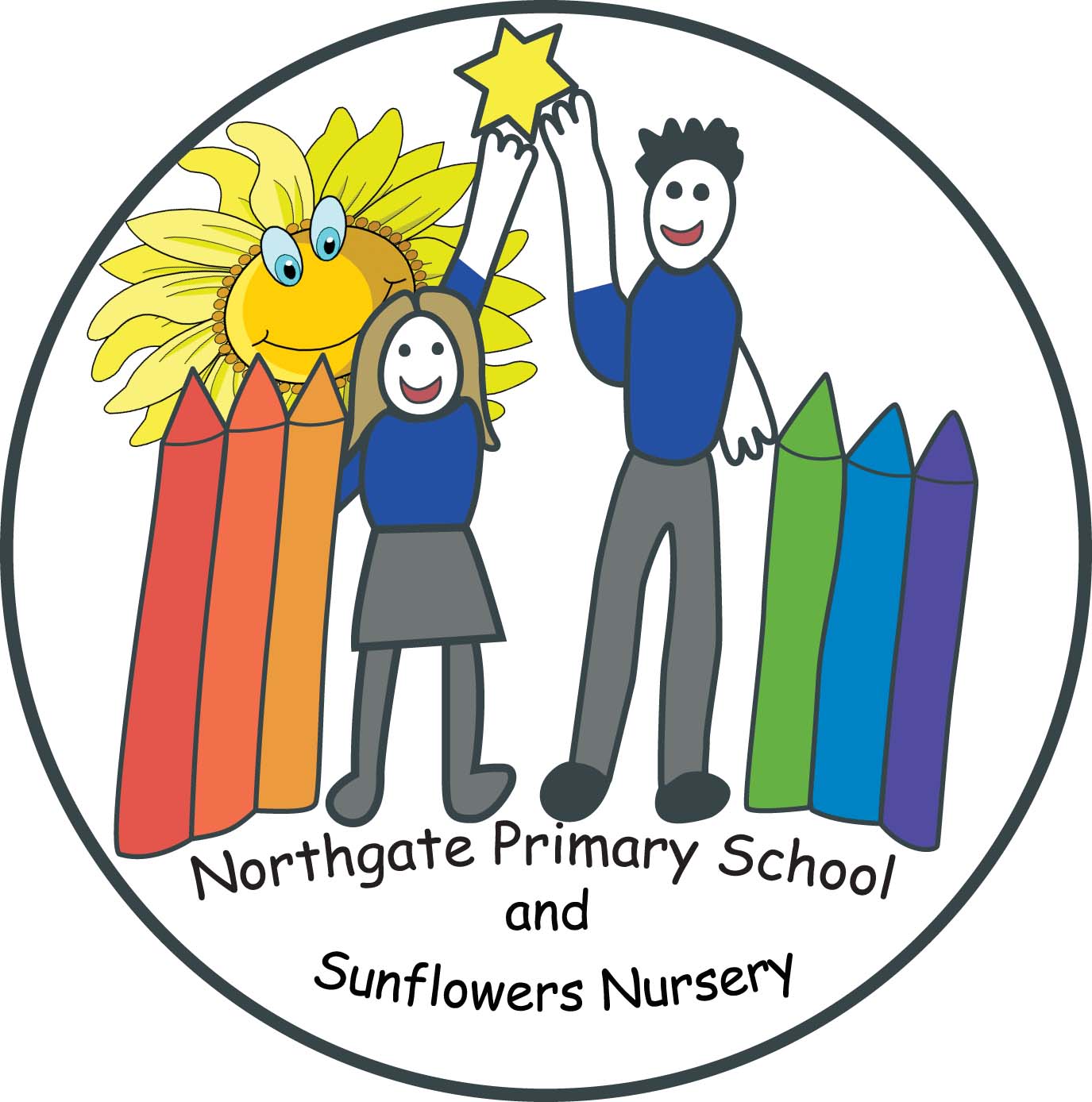Intent: At Northgate Primary School we develop fluent readers with a passion for books and knowledge. Children take meaning from what they have read, show understanding and make connections between texts and facts. We ensure children have the ability to write effectively to convey meaning in any context, presenting their ideas clearly and neatly. Pupils listen carefully and they are empowered to speak about and question things with confidence and insight.
- Children will develop a sense of belonging by asking considered questions and articulating their own ideas about the world. Selecting, reading and discussing a diverse and wide range of texts that reflect the children, their interests and their backgrounds helps them make sense of the world and their place in it. Children learn to value Reading and Writing as a form of expression and an outlet to explore creativity and imagination.
- Children will develop confidence in communicatingthrough writing and talking with accuracy and fluency. The children will respectfully and appropriately articulate their ideas considering the needs of their audience. Children are exposed to a rich vocabulary to foster an interest in words and their meanings so they can communicate clearly, specifically while using ambitious language.
Children will develop a resilient attitude through Oracy, expressing their thoughts and building on the ideas of others. By identifying and understanding a range of text types and genres, children will have the knowledge to adapt and write in a variety of styles for specific purposes. Children are motivated to have high aspirations in regards to their English skills and abilities. They are equipped with the skills to be independent learners, able to analyse, critique, edit and improve their work and the work of others.
